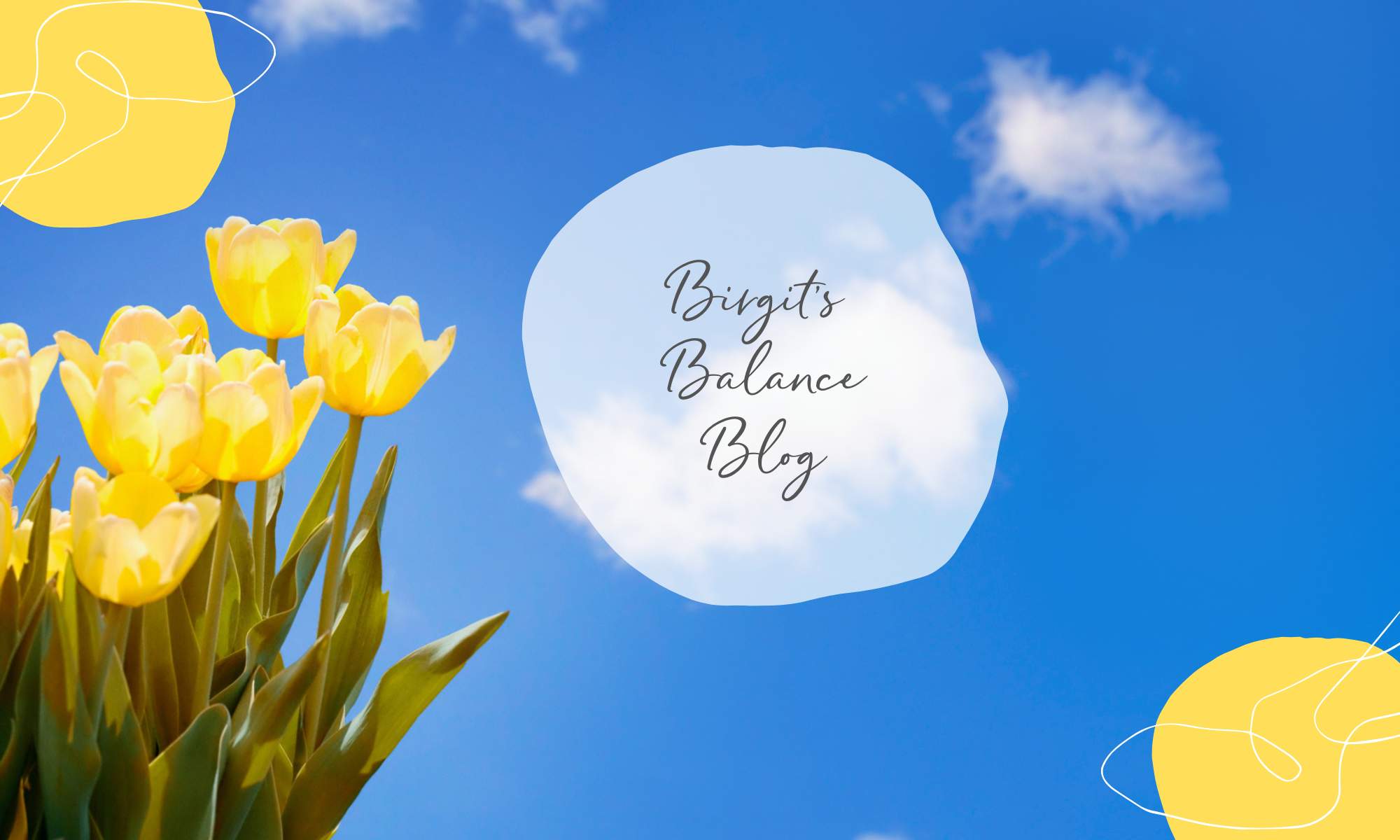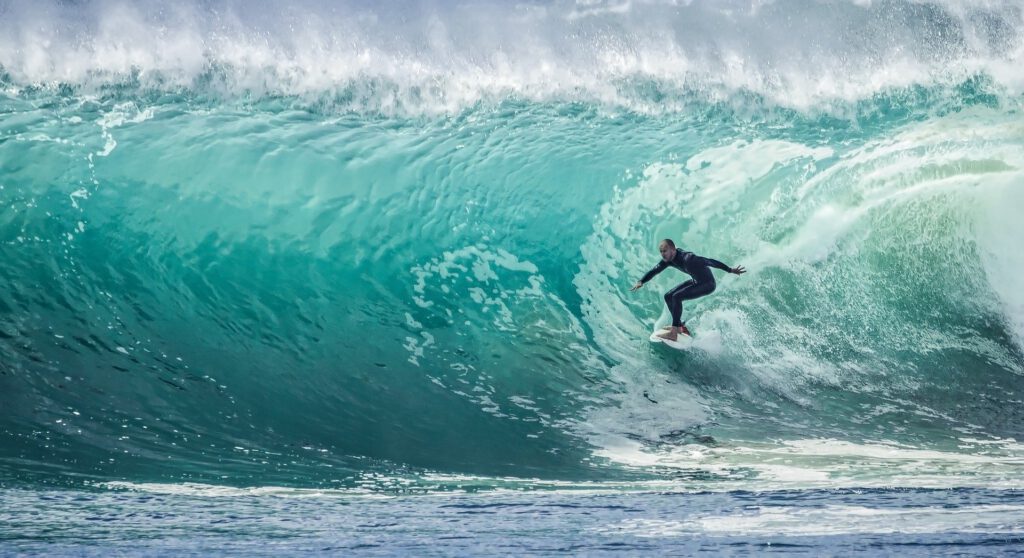“Everybody has a plan until they get punched in the mouth.”
(Mike Tyson)
These straight words of Mike Tyson launched a wonderful blog article by Förster & Kreuz this week. It describes why the ordinary act of making plans no longer works in today’s world and what we can do instead to move forward and to avoid getting stuck.
The quote inspired another thought in my mind:
Way too often we invest our energy into the wrong actions – making detailed plans and thinking and planning everything a thousand times is part of it. Don’t get me wrong, I don’t mean that we shouldn’t think and plan at all. But if the unpredictability of things is continuously increasing and the aspects contributing to a situation are becoming ever more numerous, complex and confusing, and the shelf-life of knowledge ever shorter, in other words, if life is always changing according to chaotic principles, how is something like a static plan supposed to work?
However, we still do have this need to plan – but is less the situation but rather us asking for this plan. Reflecting, considering and coordinating gives us a feeling of control and security – in what is actually an uncontrollable environment. Maybe you are one of those people who always intensify their planning actions when they think that a situation is slipping away from them or that a feeling of helplessness is creeping in due to circumstances that have never been experienced before?
But what else if not planning can give us that feeling of security in the chaos?
What should we do instead of measuring, weighing, assessing, judging?
Don’t occupy your mind with increasing your knowledge about waves – instead, train your competence to ride them.
I’m not a surfer, but the image immediately comes to my mind when I consider the circumstances described above. What good is it for the surfer if he knows everything about waves, their origin, course, occurrence, duration, size, volume, speed – when he stands on his board and faces a unprecedented wave and he simply lacks the ease in his knees and the practice of standing it?
So, let’s rather put our energy into building up our abilities to deal with whatever comes our way in a confident, solution-oriented and easy way.
The last months have brought numerous unprecendented waves – and the sea of our reality will probably remain quite rough in the future.
What do we need to stand it?
- Personal responsibility
- Openness to change
- Pioneering spirit and curiosity
- Focus – in the here and now!
- Willingness to collaborate
- Willingness to learn and develop
- Positive attitude towards mistakes
Where do you encounter situations in everyday life where you can practice this?
- Whenever you catch yourself thinking or using words like “if, then …”, “he/she should …”, “I can’t help it, that’s …”, it is time to put an inner stop to yourself and ask yourself: “what was/is YOUR contribution to the situation? What can YOU do to accept/change/complete/leave it? (Regardless of the behaviour or opinion of other people – you are the only one responsible for your life).
- When was the last time something changed in your life? Without your intervention? Maybe even against your will? In a way you didn’t like? How did you react? How much energy did you put into the resistance against unchangeable circumstances? If the wave is too big, too fast, too wild, it doesn’t help to complain about it. Accepting change is especially easy to train if you deliberately step out of your comfort zone from time to time in your everyday life – controlled uncomfort, so to speak. Approaching people when you are shy, wearing something you usually would never wear, going on vacation without a room reservation, etc.
- There is a traffic jam on the planned route? The ingredients planned for dinner are no longer available in the supermarket? Your guests arrive half an hour early? How do you feel about this? Try “wow, maybe I’ll discover new ways to avoid the traffic jam “. – “I wonder what happens if ingredient x is replaced by ingredient y? This will then be my secret recipe!” or “Hey, glad you’re here! Will you help me with the preparations?”
- Do you ever find yourself thinking, “If only I had…” – don’t bother. It won’t do any good to solve the situation you’re in now. Worse still, it draws important energy from the here and now and puts it into the past – which you can’t change anyway. Focus all your attention on the only “time” you have influence in – the present moment. What exactly do you perceive NOW? What can you do NOW?
- When was the last time you asked someone for help? Or for an opinion? Getting ideas and suggestions? What is stopping you? Maybe the fact that you see the situation you have to cope with in a completely different way than others? That’s a good thing! The more perspectives, the more possible solutions! None is wrong or right – and many are worth a try! Because if you do, what you hace always done you will get what you always got.
- Ask yourself every evening what you have learned over the day. Learning is to be understood in a broader sense. It can also come as knowledge – about yourself, others, life, a situation … or discovery – of something new – in your environment, everyday life, about yourself … But maybe you have also experienced something interesting? It doesn’t matter – the important thing is that you never assume that you have finished learning. Because what you have learned today will be obsolete the day after tomorrow.
- How do you deal with yourself when you make a mistake, forget something or something goes wrong? And what is your attitude towards the fallibility of your fellow human beings? Without mistakes there is no learning. Wanting to avoid mistakes means paralysing yourself and not developing any further. Where do you not dare to take the next step for fear of doing something wrong or failing?
All this may sound like a lot.
I would say get on the board and ride the waves. And then – one after the other, ease in your knees and – enjoy the ride!
Yours, Birgit

